
The frontline combination of nivolumab and ipilimumab demonstrated long-term safety and efficacy in patients with unresectable hepatocellular carcinoma.

The frontline combination of nivolumab and ipilimumab demonstrated long-term safety and efficacy in patients with unresectable hepatocellular carcinoma.

Findings from the phase 3 COMMIT study show that adding mFOLFOX6 and bevacizumab to atezolizumab significantly improves PFS in patients with dMMR/MSI-H mCRC.

The frontline combination of encorafenib, cetuximab, and FOLFIRI yielded significant improvement vs SOC in BRAF V600E-mutated metastatic colorectal cancer.

Data link physical activity with reduced cancer-related fatigue in patients with colorectal cancer.

Findings from a real-world, head-to-head comparison show greater colorectal cancer risk reduction and safety with the use of a GLP-1RA vs aspirin.

Median PFS over 1 year and median OS over 2 years have been observed for the first time in a phase 3 trial for gastroesophageal adenocarcinoma.

ECOG performance status of 1 was linked with worse patient-reported outcomes in patients with gastric or gastroesophageal junction adenocarcinoma.

Zolbetuximab plus mFOLFOX6 and nivolumab led to meaningful gains in patients with unresectable gastric/gastroesophageal junction adenocarcinoma.

Destiny-Breast09 PROs demonstrated higher quality of life and fewer gastrointestinal symptoms in patients with HER2-positive advanced breast cancer.

The microbiota-based therapy MaaT013 showed promising efficacy and manageable safety in those with acute GVHD with gastrointestinal involvement.

Age and having children were found to affect whether premenopausal women with breast cancer opted for fertility preservation.

Breast cancer survivors improved cognitive outcomes with both real and sham acupuncture, but real acupuncture showed greater gains.

As CAR T-cell therapy expands to solid tumors, oncology nurses play a key role in monitoring, educating, and supporting patients.

Giredestrant displayed a safety profile consistent with prior findings and had a lower rate of discontinuation compared with standard endocrine therapy.

Frontline maintenance tucatinib plus trastuzumab and pertuzumab increased progression-free survival in patient with HER2-positive metastatic breast cancer.

A mobile health intervention was linked with an increase in general and cancer-specific QOL in adolescent and young adult breast cancer survivors.

Hormone replacement therapy was associated with a lower risk of developing BRCA1- or BRCA2-mutated breast cancer among those already at higher risk.
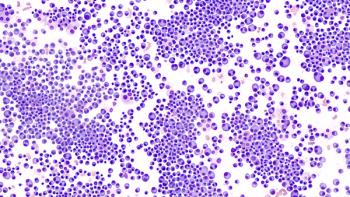
Subcutaneous daratumumab plus teclistamab improved survival outcomes in patients with R/R multiple myeloma vs standard daratumumab-based regimens.

Preoperative radiation and pembrolizumab improved T-cell infiltration in patients with higher-risk, HR-positive, HER2-negative, early-stage breast cancer.
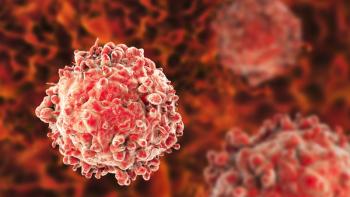
Phase 2 data demonstrated similar pharmacokinetic profiles between subcutaneous azacitidine and an oral combination of azacitidine and cedazuridine.

The use of sacituzumab govitecan to treat HR+/HER2– metastatic breast cancer did not reach its primary end point of progression-free survival.

Patients with relapsed/refractory large B-cell lymphoma treated with glofitamab or epcoritamab experienced early disease progression.

Six-month complete response with frontline axicabtagene ciloleucel predicts long-term survival in patients with high-risk large B-cell lymphoma.
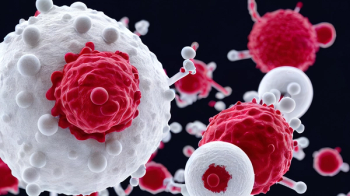
Dexamethasone reduced the severity of ICANS but did not impact the rates of ICANS or CRS in patients with LBCL receiving axi-cel.
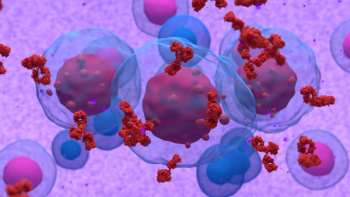
Subcutaneous bispecific antibody cevostamab demonstrated early efficacy and safety in patients with relapsed or refractory multiple myeloma.
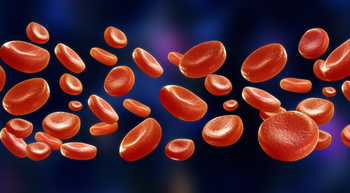
Pirtobrutinib demonstrated noninferior response rates to ibrutinib and showed a trend toward survival benefit in patients with CLL/SLL.
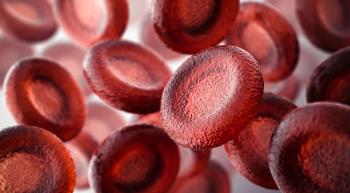
Patients with AML receiving azacitidine and venetoclax had significantly higher quality of life than those receiving intensive induction chemotherapy.
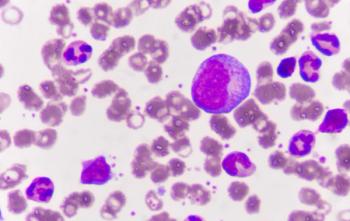
Blinatumomab/ponatinib increased efficacy, and response rates were improved in patients with Philadelphia-positive acute lymphoblastic leukemia.

The addition of epcoritamab to R2 significantly reduced the risk of death or disease progression in patients with relapsed/refractory follicular lymphoma.
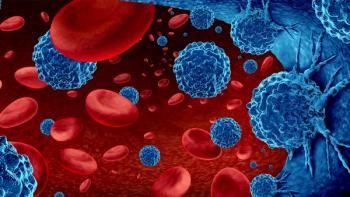
Older patients with newly diagnosed diffuse large B-cell lymphoma receiving epcoritamab plus R-mini-CHOP achieved deep responses with manageable safety.